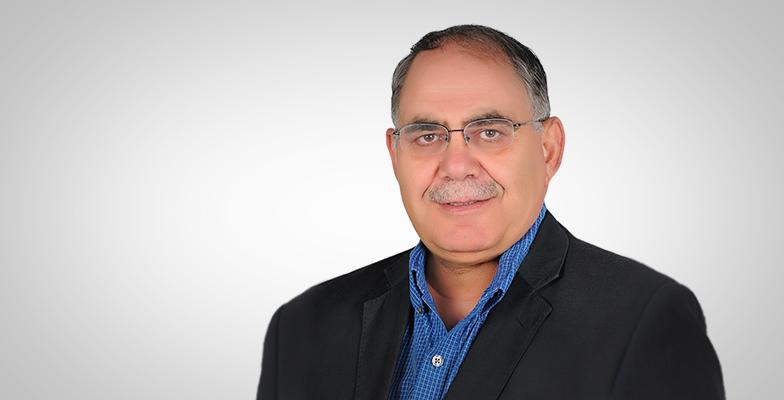- About
- Admissions
- Study at AUS
- Prospective Students
- Bachelor's Degrees
- Master's Degrees
- Doctoral Degrees
- Admission Publications
- International Students
- Contact Admissions
- Grants and Scholarships
- Sponsorship Liaison Services
- Testing Center
- New Student Guide
- File Completion
- New Student Orientation
- Payment Guide
- Executive Education
- Students with Disabilities
- Academics
- Life at AUS
- Research
- Contact Us
- Apply Now
- .

CEN professor delivers first webinar on smart cities organized by UAE Society of Engineers
The COVID-19 pandemic has made the world realize the importance of smart cities’ applications bringing to the fore the role of technology in our everyday lives. A faculty member from the College of Engineering (CEN) at American University of Sharjah (AUS) recently delivered the first webinar on the subject organized by the UAE Society of Engineers, entitled “Smart Manufacturing Enabling Technologies in Smart City.” The webinar discussed conceptual models of digital and virtual twins, their benefits and applications in services, and research activities in the field.
Presented by Dr. Abdul Rahman Al-Ali, Professor of Computer Engineering at AUS, the online session was attended by more than 100 participants from across the UAE, the Middle East and Europe.
Speaking about the topic, Dr. Al-Ali said: “Applications of smart cities such as smart energy, smart health, smart traffic, smart farming and smart factories can help people in their daily life activities. For example, people can get the weather conditions to know what to wear before they leave the house, locate traffic congestion to find themselves the best route to their destination, order a taxi like one would an Uber, order food via delivery applications such as Talabat and Uber Eats, buy goods online using Amazon and Noon, access personal medical records, monitor and control home appliances using mobiles phone anywhere anytime, pay bills, and monitor and control irrigation systems in their farms and home garden.”
He added: “Smart city applications are a must and a good example of this is online learning. Following the recovery from COVID-19, it is expected that blended learning, a smart cities’ application, will become a mode of education. Blended learning is a mix of face-to-face and online teaching.”
The webinar discussed how any smart object, system or service consists of physical elements as well as digital and virtual ones. A digital twin (digital replica) collects real-time data from the physical surroundings and transmits it through communication networks to the virtual model. The latter is managed through data analytics software tools that are hosted in a cloud-based or enterprise computing centers for data processing and decisions, which are used for the purposes of early warning, operation scheduling and predictions, dynamic optimization, and visualization and action implementation on the physical element.
“The webinar is important as it is one way for AUS to contribute to continuing education in the local and regional industrial and commercial communities in lockdown situations like the COVID-19 pandemic, and it showcases how, as engineers, we can come up with creative solutions that help the world communicate during natural crises such as pandemics, earthquakes, hurricanes, flooding and others,” said Dr. Al-Ali.
The webinar can be accessed here.

